A Resilient Spirit: A Deeper Look into “Where the Heart Is”
Straight from the heart of Hollywood emerges “Where the Heart Is,” a poignant melodrama that feels less like a typical film and more like a comforting embrace, perfectly timed when the world feels overwhelming. Directed by the seasoned television producer Matt Williams, this cinematic offering appears meticulously crafted to deliver an uplifting narrative for those who find themselves weary, disillusioned, or simply in need of a hopeful tale.
Williams, with his extensive background in the meticulous craft of soap opera production, brings a unique rhythm to his directorial debut. Intriguingly, his approach to storytelling inadvertently positions him as a champion of female empowerment within the narrative’s framework. The film’s promotional materials immediately draw attention to its formidable female ensemble: Natalie Portman, Ashley Judd, and Joan Cusack. While Joan Cusack’s screen time might be less extensive than one might anticipate, especially compared to James Frain’s significant role, the very core of the story pulsates around a traditionally female-centric environment: a bustling retail store, which becomes an unlikely sanctuary and a symbol of new beginnings.

Initially, “Where the Heart Is” presents a portrayal of its protagonist that might give some viewers pause. There’s a moment when one might believe Hollywood has simply taken Natalie Portman, celebrated for her complex roles in films like “Léon: The Professional” and “Star Wars,” and reduced her to a familiar cliché. Here, she embodies seventeen-year-old Novalee Nation, heavily pregnant, destitute, and adrift, embarking on a cross-country journey with a calloused boyfriend who clearly cares little for her or their unborn child. He abandons her abruptly, leaving her penniless and homeless, directly outside a “Wool-Mart” supermarket in rural Oklahoma.
The immediate aftermath is disquieting. What does this soon-to-be mother do? Barefoot and with a disconcerting vacant smile, she engages in a strange conversation with a stranger, who inexplicably gives her a small potted tree—a curious symbolic gesture—which she then carries everywhere. Her survival tactics border on the surreal: she secretly spends her nights within the cavernous supermarket, finding makeshift solace on display sofas, help-yourself clothing from the racks, and free meals from the cafeteria. It’s depicted with an unsettling innocence, as if this illicit existence is the most natural thing imaginable. As her delivery date looms, her indifferent boyfriend is finally apprehended. For a tense period, it seems almost inevitable that the next hour and a half will be a grueling ordeal for this underage, naive girl, culminating in an arrest for theft, the loss of her child, exploitation, and ultimately, a tragic demise on the streets.
A Surprising Turn of Events
Thankfully, the script veers sharply away from such grim predictions. What follows instead is an unexpected, heartwarming fairy tale—or, more accurately, a sprawling soap opera ingeniously compressed into a single feature film, reminiscent of cramming 180 dramatic episodes into just over an hour and a half. Over this condensed timeframe, an astounding five and a half years of Novalee’s life unfold, during which she experiences a continuous series of heartening, pleasant surprises and profound personal growth.
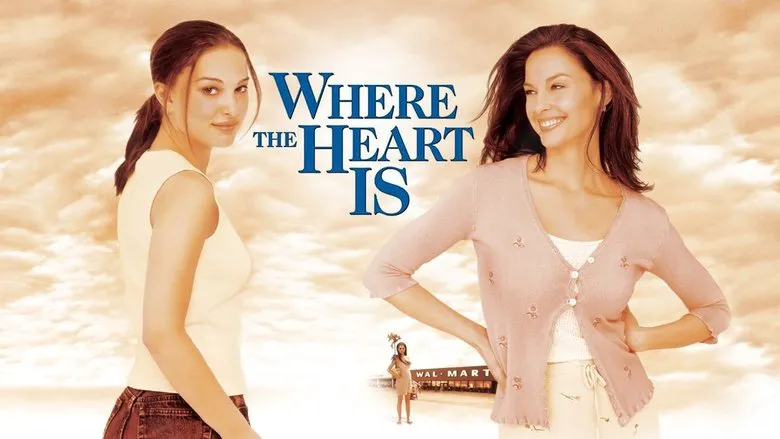
Life, as the film suggests, is not without its kind souls, and Novalee’s wide-eyed naiveté turns out to be not a weakness, but a beacon of her inherent goodness that attracts compassion. Her improbable life inside the supermarket is discovered, not by punitive authorities, but by a kind-hearted nurse, who brings her to a hospital, where her daughter, Americus, is born. Post-birth, Novalee is embraced by a former alcoholic, Sister Husband, who offers her a home and a found family. She forms deep friendships, notably with Lexie Copp (Ashley Judd), a spirited single mother navigating life with many children, and Forney Hull (James Frain), an intellectual and gentle soul who quietly nurtures a deep love for Novalee and her daughter. She even secures legitimate employment at the very “Wool-Mart” store that became the accidental backdrop of her sensational public birth. While hardships do indeed pepper her journey – for no life is without its challenges – the overarching theme is constant, positive transformation. Good people eventually find their deserved happiness, and even the callous boyfriend receives his appropriate comeuppance.
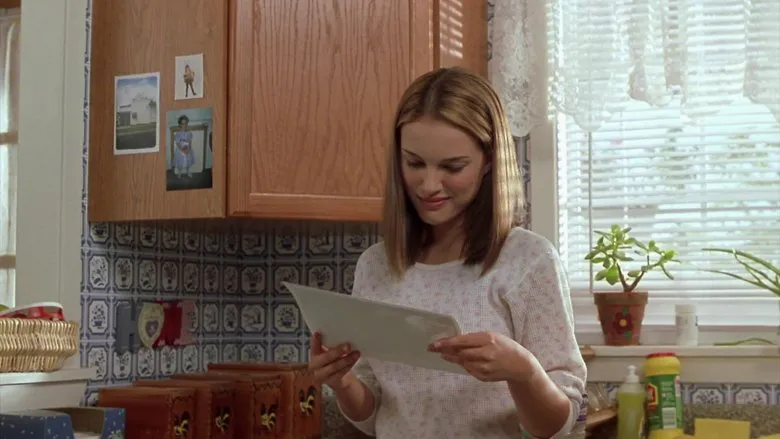
A Community of Care
The film excels in illustrating how a network of compassionate individuals can uplift and transform a life. Sister Husband acts as a benevolent guardian angel, providing not just shelter but also an example of resilience. Lexie, with her no-nonsense attitude and boundless maternal affection, becomes Novalee’s anchor and confidante, a reflection of unwavering female solidarity. And the gentle, bookish Forney Hull emerges as an unconventional romantic hero, demonstrating profound loyalty and self-sacrifice.

Indeed, the male figures in “Where the Heart Is”—specifically Forney—are often portrayed with an almost idealistic purity. They are depicted spending years caring for sick relatives, stepping up to raise other people’s children, and making profound sacrifices for their home and family, all while managing to provide for themselves. This highly romanticized portrayal of male selflessness might feel a little disconnected from the grittier realities of modern life for some viewers, potentially causing a cynical grumble or two. It’s a Hollywood soap opera vision of heroism, rather than a reflection of conventional reality.
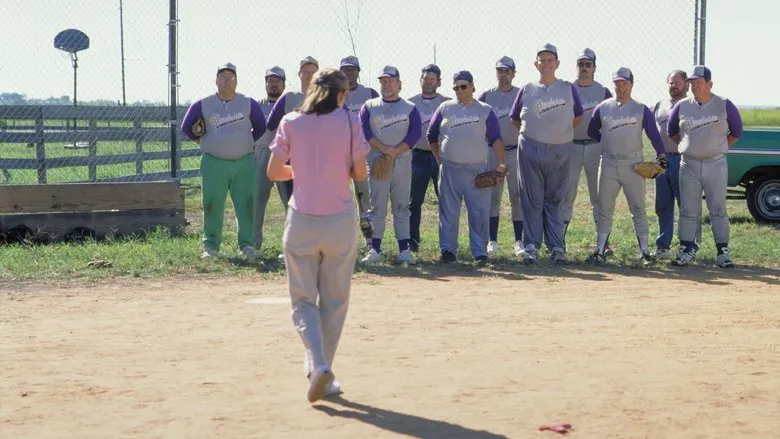
Enduring Lessons and Charm
Nevertheless, this condensed narrative tapestry reveals a vital, universally applicable lesson: even when facing the most dire and seemingly insurmountable situations, things can and do improve if one possesses courage and faces life head-on. Life, the film reassures us, is far less terrifying than it often appears from a distance. Moreover, the ingenious compression of years into mere hours of screen time serves a crucial purpose: it prevents the story’s inherent saccharine tones and occasionally stereotypical characters from becoming tedious or overwhelmingly sentimental.
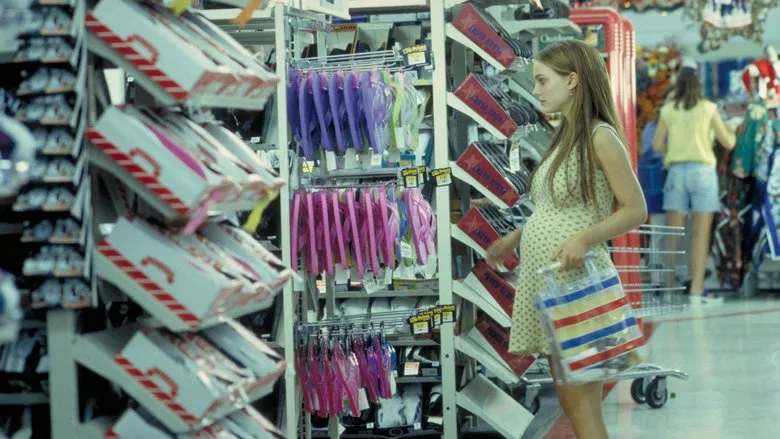
The film is not without its thoughtful elements and memorable moments. It’s sprinkled with genuine humor that lightens the emotional weight. It famously features a remarkably rendered and destructive tornado sequence, a visual spectacle that adds a pulse of unexpected drama. And Ashley Judd delivers a particularly compelling performance as Lexie, portraying a transformative trajectory that sees her character become unexpectedly disheveled yet utterly authentic.
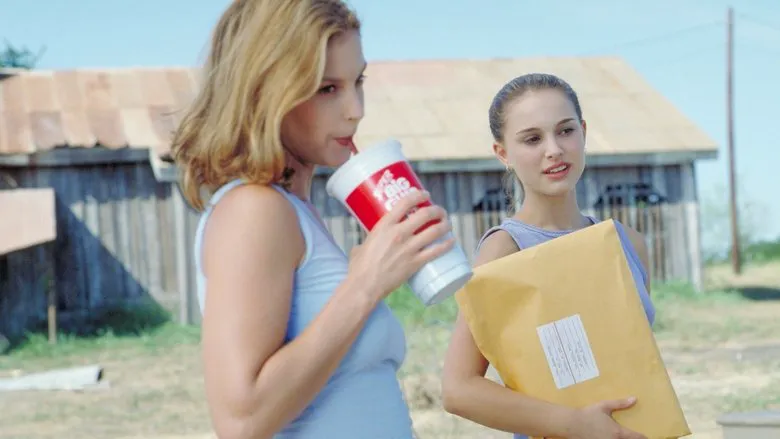
In essence, “Where the Heart Is” offers a comforting cinematic escape. While it prioritizes hope and heartfelt sentiment over strict realism, its enduring message of resilience, the power of community, and the surprising turns of fate makes it a wonderfully uplifting watch—a true emotional gift for anyone seeking a reminder that even after the darkest storm, the sun will eventually emerge.